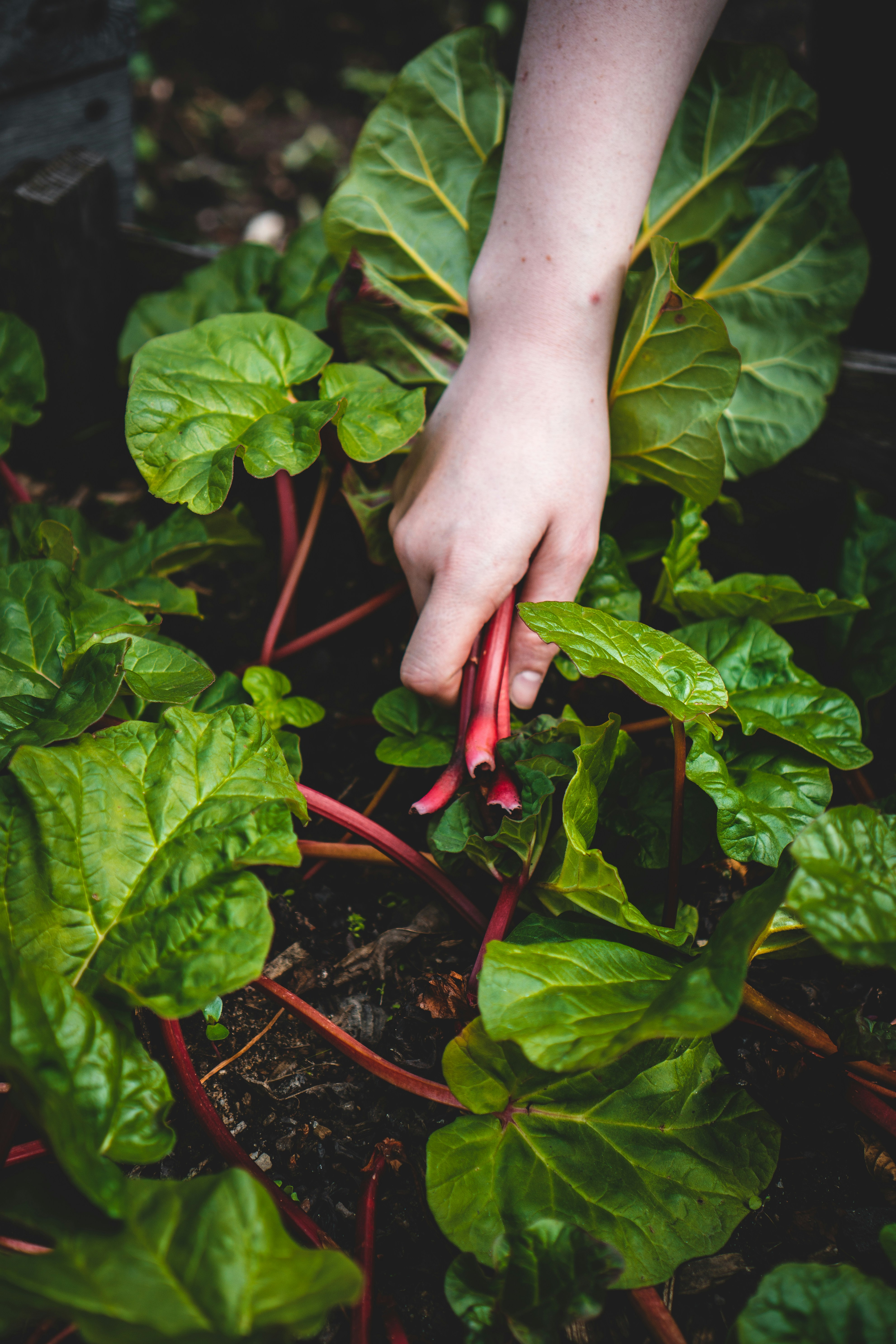👋 Click the mic button to talk to Alfred, the Todd's Seeds Gardening/Sprouting Expert – Feel free to ask him anything!
Ask Virtual Todd Anything - Click the Mic
Are you interested in growing a successful herb garden? Whether you are a beginner or have some experience, there are always tips and tricks that can help you achieve thriving herbs. From choosing the right location to providing adequate sunlight and water, this article will provide you with valuable insights on how to cultivate a flourishing herb garden. So grab your gardening tools and get ready to enjoy the delightful aroma and flavors of fresh herbs right at your fingertips!
Choosing the Right Location
When it comes to growing a successful herb garden, one of the first considerations is choosing the right location. The amount of sunlight exposure is crucial for the growth of herbs, so it’s important to select a spot that receives at least 6-8 hours of direct sunlight per day. Herbs thrive in well-drained soil, so ensure that the chosen location has good drainage to prevent waterlogging. Additionally, find a sheltered spot to protect the herbs from strong winds, as this can damage delicate plants.
Selecting the Right Herbs
Selecting the right herbs for your garden is essential for a successful harvest. If you are a beginner, it’s best to start with easy-to-grow herbs such as basil, mint, or thyme. These herbs are hardy, require minimal care, and are forgiving if you make mistakes. Consider your personal preferences when selecting herbs as well. Do you love cooking with Italian flavors? Then choose herbs like oregano, rosemary, and sage. Research the growth requirements of each herb, including water and sunlight needs, to ensure they are compatible with your garden’s conditions.
Preparing the Soil
Before planting your herbs, it’s crucial to prepare the soil properly. Start by clearing the area of any weeds or debris to create a clean growing space. This will prevent competition for nutrients and reduce the risk of pests and diseases. Amend the soil with organic matter, such as compost or well-rotted manure, to improve its nutrient content and structure. This will provide a fertile environment for healthy herb growth. Additionally, ensure that the soil pH levels are appropriate for the herbs you plan to grow by conducting a soil test. Most herbs prefer a slightly acidic to neutral pH, around 6.0-7.0.
Planting the Seeds or Seedlings
When it comes to planting herbs, it’s important to follow the recommended spacing to allow enough room for each plant to grow and receive proper airflow. Sow seeds at the appropriate depth, which is usually indicated on the seed packet, to ensure successful germination. After planting, gently water the seeds or seedlings to provide the moisture they need to initiate growth. Be careful not to overwater, as herbs generally prefer a well-drained soil.
Providing Adequate Water
Proper watering is essential for the health and growth of your herb garden. Water the herbs consistently and deeply, ensuring that the soil is evenly moist. However, it’s crucial to avoid overwatering, as this can lead to root rot and other diseases. Consider using mulch, such as straw or wood chips, around the herbs to retain moisture and reduce evaporation. Mulch also helps to suppress weeds and regulate soil temperature.
Fertilizing the Herbs
To ensure that your herbs receive the necessary nutrients for optimal growth, it’s important to fertilize them appropriately. Organic fertilizers, such as compost or well-rotted manure, are preferred as they improve soil quality and provide a slow release of nutrients. Apply the right amount of fertilizers based on the specific requirements of each herb, as over-fertilizing can lead to excessive foliage growth with reduced flavor intensity. It’s best to follow the instructions on the fertilizer packaging or consult a gardening expert for guidance.

Pruning and Harvesting
Regular pruning of your herb plants is essential to encourage bushier growth and prevent them from becoming leggy. This involves removing the top growth of the plants, typically by cutting just above a leaf node or where two branches meet. Pruning also helps to prevent the plants from flowering too early, as herbs tend to lose their flavor once they start to flower. Harvesting your herbs frequently promotes new growth and encourages healthy, productive plants. However, it’s important to only harvest a portion of the plant at a time, allowing it to regenerate.
Protecting from Pests and Diseases
Pests and diseases can pose a significant threat to your herb garden, but there are ways to protect your plants organically. Regularly inspect your herbs for signs of pests such as aphids, caterpillars, or mites. If you spot any unwanted visitors, consider using organic pest control methods, such as introducing beneficial insects like ladybugs or using homemade insecticidal soaps. Practice crop rotation by changing the planting location of your herbs each year to disrupt the life cycles of pests and reduce the risk of diseases.

Extending the Growing Season
If you want to extend your herb-growing season beyond the typical outdoor growing period, there are options to consider. Choose herbs that are well-suited for indoor gardening, such as chives, parsley, or thyme. These herbs can be grown in pots and placed near a sunny window or under grow lights or fluorescent lamps. Another option is to set up a greenhouse or cold frame, which provides an insulated environment for your herbs to thrive in colder months. These structures trap heat and maintain a stable temperature, allowing you to continue growing herbs throughout the year.
Continual Care and Maintenance
Once your herb garden is established, it requires continual care and maintenance to ensure its success. Monitor and adjust watering and fertilizing routines based on the specific needs of each herb and the changing season. Regularly remove weeds to prevent them from competing with your herbs for nutrients and water. As herbs become older or start to decline, replace them with fresh plants to maintain a productive and visually appealing garden.
By following these tips and techniques, you can create a successful herb garden that provides you with an abundance of flavorful and aromatic herbs for culinary delights, home remedies, or simply the joy of gardening. Enjoy the process, experiment with different herbs, and savor the satisfaction of growing your own herbs right at home. Happy gardening!


